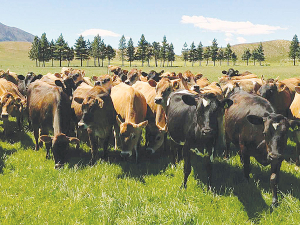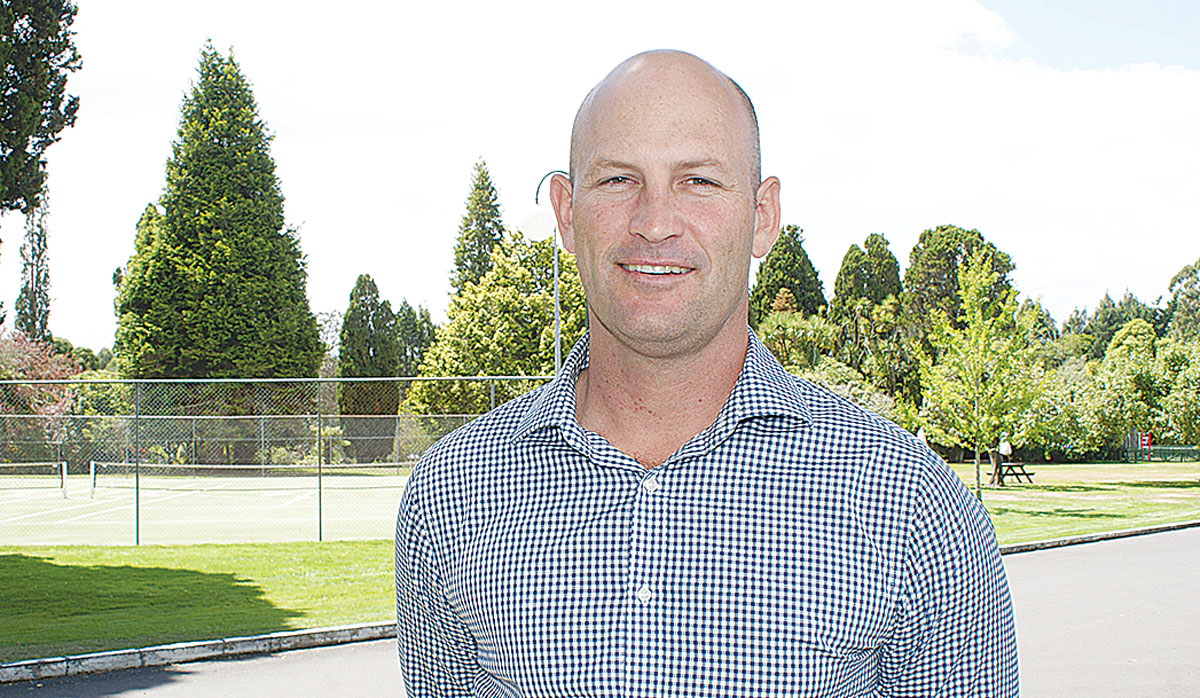To cull or not to cull?
Ideal growing conditions in many places — despite record autumn rains — have delayed cow culls, allowing some herd managers to optimise their herds for next season.
 Ketosis is the failure of the cow to consume adequate glucose in early lactation and the liberation of excessive body fats.
Ketosis is the failure of the cow to consume adequate glucose in early lactation and the liberation of excessive body fats.
OPINION: One of the attractions of shifting from spring calving to autumn calving is perceived reduction in down cows, or milk fever. Our analysis of herds that go through this process suggest that this is certainly the case. However, our team has identified something else going on in winter milk herds in early lactation.
The best way to put it is it is like the handbrake is on. Cows won’t fire. More specifically, cows are failing to peak, losing excessive BCS and don’t seem to have much of an appetite. In some cases, this is in sub sections of the herd and in other cases it’s the whole herd.
It would appear that in many of these cases ketosis is occurring and driving the poor performance in these otherwise high performing herds. What is ketosis? It is the failure of the cow to consume adequate glucose in early lactation and the liberation of excessive body fats resulting in excessive levels of ketone bodies in the blood. The worst outcome is intake suppression, eventually leading to death.
In general, NZ has a relatively low incidence of ketosis in the dairy herd. There are a couple of reasons for this:
* In general, NZ cows don’t produce very much milk, meaning that there is not a huge drawdown of glucose in the cow during early lactation.
* NZ cows do not tend to be excessively fat.
* Green pastures with good levels of sugar (or water-soluble carbohydrates) are often linked with low levels of ketosis.
However, in winter-milk herds there are many reasons for an increased incidence of ketosis. Cows tend to be much higher producers, are often higher in BCS and may not have access to sufficient levels of green pastures post calving. Then there is the milk fever conundrum.
The major driver of ketosis is periods without feed intake. Milk fever causes cows not to eat, resulting in a period of increased fat breakdown potentially initiating a ketotic spiral (fat breakdown – ketone production – intake inhibition – short glucose – fat breakdown – then repeat).
 |
|---|
|
Joe McGrath |
Furthermore, winter milk herds tend to consume a higher proportion of maize silage and often a higher proportion of blends. Both products are low in dietary calcium. Winter growing pastures are also lower in dietary calcium and there is drastically less vitamin D available from natural sources during winter. All these factors point towards an inability of cows to utilise and store calcium for future use.
Our team has identified a transition cow problem in winter milk herds that often goes unnoticed. While cows may not have classical milk fever, the suspected incidence of sub-clinical milk fever appears to be high, resulting in a large amount of cows displaying ketotic type conditions. An effective transition program concentrating on maintaining proper vitamin, calcium and magnesium proportions has alleviated these conditions. The HyD in Tranzsol has been demonstrated to increase feed intake post calving, allowing for cows to get a better start to early lactation.
Avoiding feed intake suppression is the key to removing the handbrake and letting these winter milk cows roar off the start line.
Joe McGrath is head nutritionist for Sollus.
The National Wild Goat Hunting Competition has removed 33,418 wild goats over the past three years.
New Zealand needs a new healthcare model to address rising rates of obesity in rural communities, with the current system leaving many patients unable to access effective treatment or long-term support, warn GPs.
Southland farmers are being urged to put safety first, following a spike in tip offs about risky handling of wind-damaged trees
Third-generation Ashburton dairy farmers TJ and Mark Stewart are no strangers to adapting and evolving.
When American retail giant Cosco came to audit Open Country Dairy’s new butter plant at the Waharoa site and give the green light to supply their American stores, they allowed themselves a week for the exercise.
Fonterra chair Peter McBride says the divestment of Mainland Group is their last significant asset sale and signals the end of structural changes.
President Donald Trump’s decision to impose tariffs on imports into the US is doing good things for global trade, according…
Seen a giant cheese roll rolling along Southland’s roads?